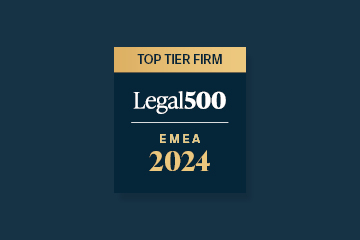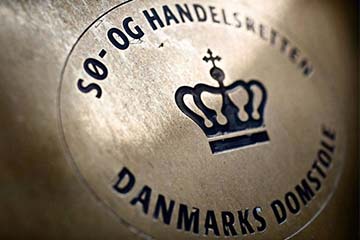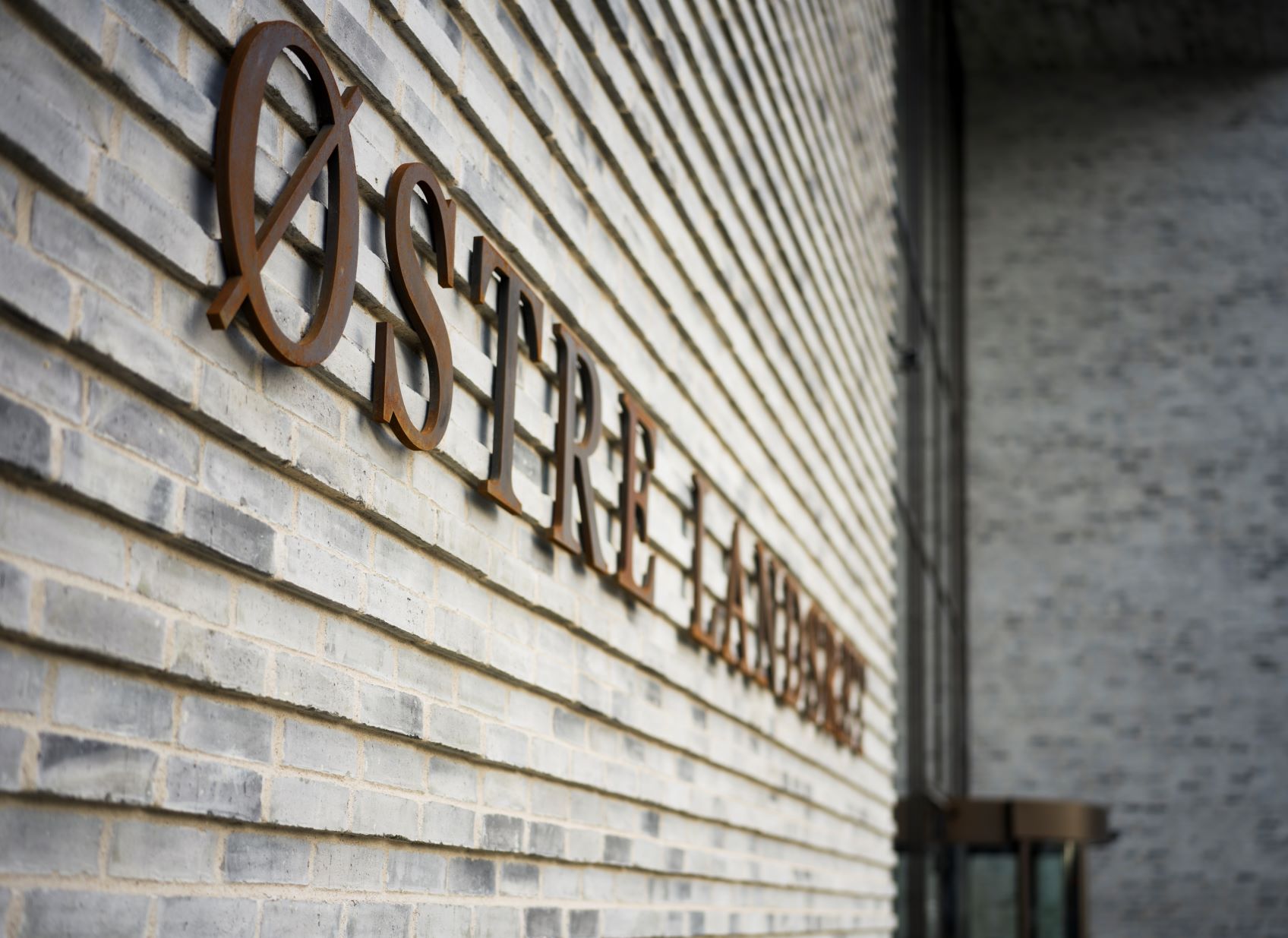EU Court of Justice gives an opinion on trademark applications submitted in bad faith
In its judgment in case no C-371-/18, Sky v SkyKick of 29 January 2020, the European Court of Justice considered several trademark related questions of general public importance for trademark applications that were filed without the intention to use the trademark and lack of clarity in the specification of goods and services.
Background
The judgment of the European Court of Justice arises from a British trademark case between the British TV operator Sky and the software company SkyKick. In this case, Sky argued that their rights to several of SKY trademarks had been infringed as a result of SkyKick's use of the trademark 'SkyKick'. Against this, SkyKick submitted that the SKY trademarks should be invalidated.
SkyKick motivated the invalidity claim by saying that Sky was in bad faith at the time of the application for registration of the SKY trademarks, as the applications for these trademarks were for a broad range of goods and services which seemed irrelevant to Sky's line of business (for example whips, fur and fire extinguishers), and because Sky had no intention to use the trademarks for these goods and services. The invalidity claim was further motivated by the fact that the SKY trademarks are registered for goods and services which are not specified with sufficient clarity and precision.
The judgment of the European Court of Justice
In relation to the bad faith consideration, the European Court of Justice concludes that a trademark application registered without any intention to use the trademark for the goods and services comprised by the registration may constitute bad faith if the applicant acted either i) with the intention of undermining, in a manner inconsistent with honest practices, the interests of third parties or ii) with the intention of obtaining an exclusive right for purposes other than those falling within the functions of a trademark. The European Court of Justice also concludes that if the above conditions only apply to some of the goods or services comprised by the trademark application, the trademark application will only be in bad faith as regards those goods or services.
In relation to the question of the specification of goods and services, the European Court of Justice determines that a Community trademark or a national trademark cannot be declared wholly or partially invalid on the ground that terms used to designate the goods and services in respect of which that trade mark was registered lack clarity and precision.
What is the implication for existing and future proprietors of trademarks?
The judgment provides guidelines as to when an application for a trademark registration is made in bad faith. The bar for establishing bad faith seems to be relatively high as the trademark applicant must have intended to undermine the interests of a third party or have intended to obtain an exclusive right over and above the protection intended for a proprietor of a trademark. At the same time, businesses can still apply for registration of a trademark for goods and services for which the business does not yet use the trademark.
The judgment also establishes that the trademark applicant cannot be presumed to be in bad faith on the basis of the mere finding that, at the time of filing his or her application, that applicant had no economic activity corresponding to the goods and services referred to in that application. That said, businesses should still be careful when they let applications for registration of trademarks cover a broad range of goods and services which do not relate to their line of business, as the judgment does open up the possibility that such an act may constitute bad faith.
Not only must a business now consider the extent of their own trademark registrations, but the judgment may also serve as a basis for challenging other businesses' trademark registrations if they cover a disproportionately broad range of goods and services, which are not directly related to the line of business of the company. Hereby, a business does not have to wait and see whether the trademark proprietor actually uses the trademark in connection with the goods or services in respect of which it is registered within a five-year period - which is otherwise required under Section 10c of the Trade Marks Act and Article 18 of the Regulation on the European Union Trade Mark - before it can challenge a trademark registration as a consequence of lack of use in connection with the relevant goods and services.
The judgment also establishes that businesses may still use broad categories when specifying goods and services connected to the trademark, but of course these registrations may be challenged at the expiry of the above-mentioned five-year period.
Click here to find the judgment of the European Court of Justice







